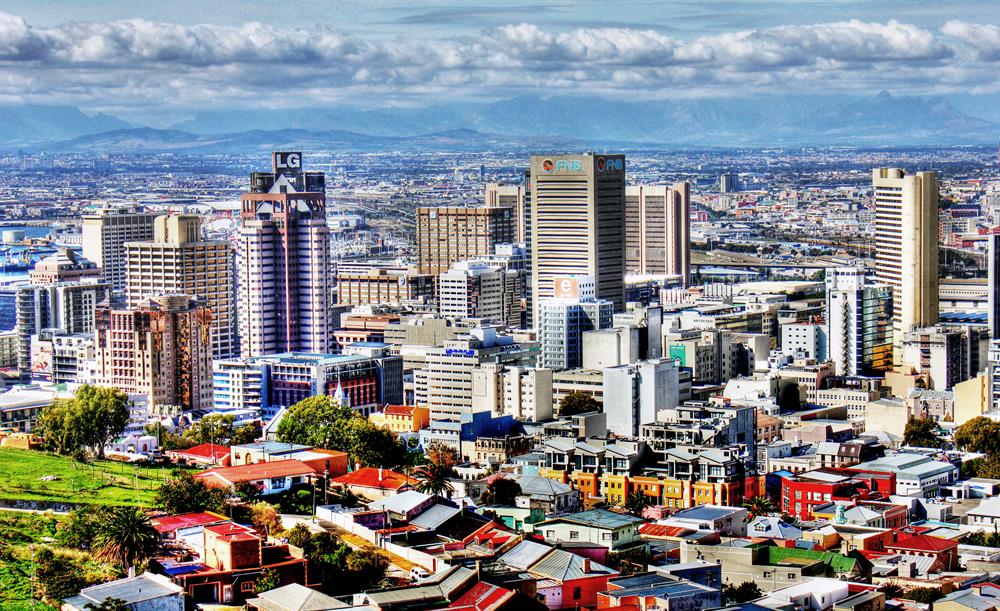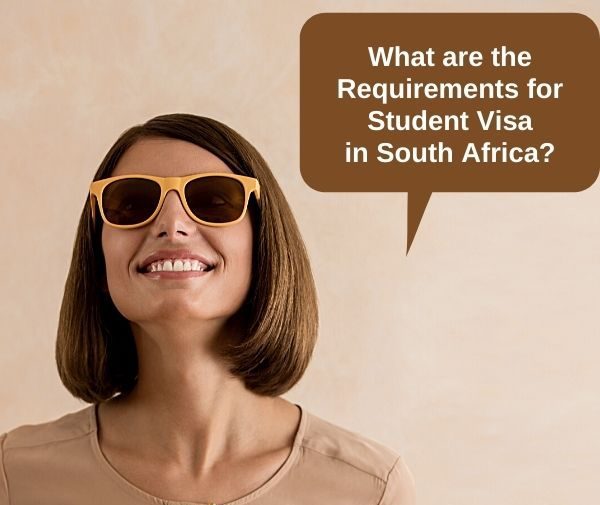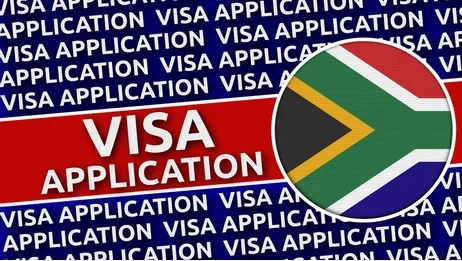Although South Africa offers a long list of in-demand occupations, finding a job there isn’t always easy for foreign workers. However, if you have the abilities and credentials to fill the gap, you may develop a career here. Should you choose to move, you’ll have lots of places to explore in your spare time. The top of Table Mountain in Cape Town’s capital city offers breathtaking views, along with several sandy beaches and cultural attractions including the Zeitz Museum of Contemporary Art.
Foreigners can find employment in South Africa in industries like health care, construction, information technology, business, finance, mining, and other professions.
If you want to, finding a job in South Africa is not too difficult. Being qualified and experienced is crucial, especially in the technology sector. South Africa’s solid infrastructure, expanding economy, middle-class population, affordable lodging and food costs, and agreeable weather in many locations are all thanks in part to the 2010 FIFA World Cup. The nation is generally quite welcoming and open to visitors.
We’ll examine the characteristics of job migration and requirements for foreigners, as well as identify common occupations and wage ranges in the African labour market.
We’ll learn how to locate a job in South Africa. In South Africa, skilled foreign specialists can easily find employment that local people cannot perform due to a lack of education, training, and experience.
For this purpose, the South African Interior Ministry every year releases a list of in-demand jobs that are meant to draw in migrant labour. In more than 20 different occupational categories, including medical, architecture, economics, business, management, technology, and science, there are currently more than 30,000 job opportunities.
Available Jobs in South Africa
South Africa is one of the continent’s most industrialized countries, with one of the largest economies in Africa (second only to Nigeria). Other significant areas include automobile manufacturing, agriculture, financial services, and banking. It is a world leader in mining and mineral processing. The legal, energy and transportation sectors are also well developed in the country.
Jobs are most likely to be found in densely populated cities such as Cape Town, Johannesburg, and Durban. Barclays, BMW, Dell, Deloitte, GlaxoSmithKline, L’Oreal, McDonald’s, PepsiCo, PwC, and Toyota are among the international corporations with a presence in South Africa. If you work for one of these firms or another multinational corporation in your home country, you might be able to gain a placement or secondment in South Africa.
How to Get a Job in South Africa
All South African employment is required to be nationally advertised by law. Only when a South African citizen is unavailable or unable to perform the job will positions be made accessible to foreign workers. As a result, working for a company you currently work for in your home country is one of the simplest methods to find employment in South Africa. The majority of foreign workers obtain employment before coming to the nation if a secondment is not a possibility for them. There are several methods you might start your job hunt from home. A smart place to start is through search engines:
Alternatively, check the classified ads in South African newspapers’ online publications:
You might also look for a recruitment agency in the South African Yellow Pages. Consider sending a speculative application to a specific company you’d like to work for.
Internships
A range of internships and placements in South Africa are available, giving you a taster of the country while pursuing an area of interest. However, you’ll likely have to cover the costs yourself, as the number of paid internships for international applicants is limited.
For internship opportunities in sectors including social work, medicine, animal science, engineering, finance and PR, visit GoAbroad – Internships in South Africa.
Summer Jobs
The range of paid summer jobs is limited compared with what’s on offer in the UK. However, if you have the specific skills required for some jobs you may be in luck. For instance, if you have experience working with children, you might consider spending your summer working as an au pair.
Would You Like To Apply For This Jobs/Sponsorship?
Enter Your Email Address HERE & You Will Receive a Notification About Your Application. If it shows "Subscribed" CLICK HERE to follow on Telegram for updatesSouth Africa is a popular tourist destination so you may also be able to find temporary roles in the hospitality industry.
If you’re willing to fund a summer experience, there’s plenty on offer. Oyster Worldwide offers voluntary summer roles in veterinary and sports coaching among others, while Enkosini specialises in wildlife conservation projects.
Teaching Jobs
To teach abroad in South Africa, you’ll need the relevant Teach English as a Foreign Language (TEFL) qualification and previous teaching experience. However, as English is one of the country’s primary languages, there isn’t a lot of paid TEFL work available. The roles that do need filling are usually given to native South Africans.
In more rural areas, where a wider variety of languages are spoken, the demand for English-speaking teaching assistants is higher – those with qualifications in maths, science and technology are particularly sought after. If you have these specialist skills, there may still be a teaching position in South Africa for you.
For more information on TEFL opportunities in South Africa, visit:
South African Visas
Anyone who’s not a citizen or permanent resident in South Africa and who wants to work in the country needs a work visa. There are four categories of work visas allowing foreign candidates to work in the country:
- Critical skills – for workers in professions the South African government deem to be critical. Valid for up to five years, you won’t need confirmed employment in South Africa – however, you’ll need to provide written proof of your skills and/or qualifications to apply.
- General work – the most common type of visa, covering the majority of applications and valid for up to five years. You’ll need to submit a signed permanent contract of employment as part of your application.
- Business visa – you’ll need this if you’re planning to start a business in South Africa. To apply you’ll need to provide a detailed business plan, and proof that your business is compliant with company law and at least 60% of your workforce is South African.
- Intra-company transfer (ICT) – if you’ve worked for a multinational company in your home country for a minimum of six months, you can apply to relocate to its South African branch. The ICT visa is valid for a period of up to four years.
You can take an assessment to determine which visa you’ll need at Work Visa South Africa. For a detailed checklist of what you’ll need to include in your application for each type, see the Department of Home Affairs – Visas and VFS Global.
It’ll cost you around £80 to submit a work visa application. As well as a completed application form, this submission needs to include a valid passport, full details of your accommodation and financial arrangements for the trip and two passport-sized colour photos. You’ll need to send these to your local South African embassy or consulate.
You must present documentation of your visa before boarding your flight to South Africa. If you don’t, South African authorities reserve the right to place you on a return flight. To avoid any upset, apply for your work visa no later than six weeks before your scheduled departure.
What’s it Like to Work in South Africa?
Working life follows the typical UK structure of Monday to Friday, 9 am to 5 pm, with the option for up to ten hours’ overtime per week and double pay on Sundays.
In March 2021, the national minimum wage in South Africa rose to R21.69 (£1.06) per hour for farm workers and R19.09 for domestic workers (£0.53). The country introduced its first-ever minimum wage in 2018, in a bid towards offering workers a fair living wage.
Workers are entitled to a holiday period of 21 days’ consecutive leave per year, not including South Africa’s 12 public holidays.
You’ll have to register as a new taxpayer with the South African Revenue Service once you’re working. The amount of tax you pay is residence-based. As a non-permanent resident of South Africa, you’ll only be taxed on your South African income.





